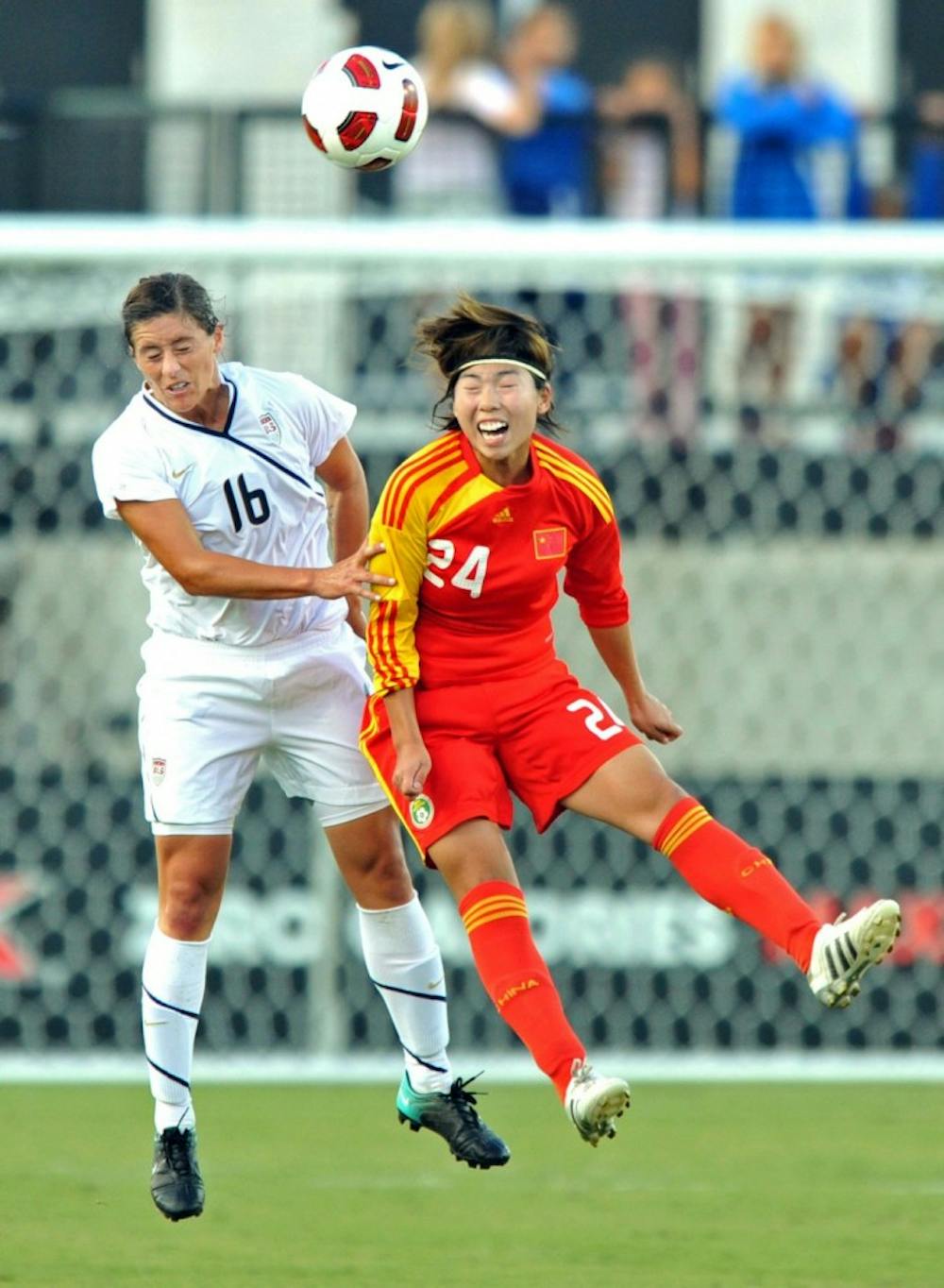BEIJING — Last February, the South China Morning Post released a report written by Raymond Li that the Chinese government had convicted more than 50 individuals for corruption on football related issues. Those convicted ranged from football officials and owners to players and referees.
Li noted of those convicted, the government placed a lifetime ban from football — soccer to Americans — on 33 individuals. Many of the accused also received prison sentences, some lasting longer than a decade.
These latest arrests of Chinese football officials have prompted anger and disappointment from many Chinese soccer fans. But the issue has not prompted any reformation within the sport.
In the midst of the commotion, David Beckham made a promotional visit to China last March. His visit prompted nationwide sports hysteria in an already football-crazed nation. His entire visit was replayed on CCTV, the state-run television channel in China.
During an interview on his China tour, Beckham denied rumors that he intended to combat corruption.
“I am not here to clear up anything. I am here to educate the children and give them a chance of becoming professional footballers,” Beckham said.
Many users on Sina Weibo, China’s Twitter-like service, claimed Beckham’s visit, though exciting, was ineffectual. One user commented Beckham’s trip “will only allow more children to enjoy the fun of football”, but it “will not change the corruption in Chinese football.”
Zhao Yinan, a reporter for China Daily, recounted past corruption within the Chinese system. A high-profile arrest during the scandal was that of Lu Jun, known as the “first whistle in Asia.” The former World Cup referee, whose moniker was bestowed upon him due to his impartiality, was jailed after admitting that he threw several matches for bribes. This included one 350,000-Yuan ($60,000) bribe for affecting a crucial playoff match in 2003.
The corruption is not lost on the players. Li reported even Chinese football players on the national team were occasionally forced to buy their spots on the roster. This could ultimately cost a player up to $15,000 just to sit on the bench.
Wang Liang, a Chinese college student at The University of International Business and Economics, claimed when it comes to corruption in Chinese football, the blame lies with the administration.
“The bosses make the decisions,” Wang said. “They don’t care about Chinese football if they can make money. Look, Guo’an [Beijing’s professional football team] has bought two laowai [foreign] strikers and a laowai coach. They play well, but they cannot speak Chinese. How can anybody understand?”
Kou Ghan is a college student studying in Beijing. Kou believes the high attendance at Beijing football games is nothing more than a trend.
“I think people just want to look cool. They don’t really care about the team, they just go to games and wear Guo’an jerseys because it is cool. They bring their dates, too,” Kou said.
Like many Chinese football fans, Kou has stopped supporting his native team in favor of a more trustworthy foreign team due to the corruption within Chinese football. In Kou’s case, this would be Chelsea FC, the English Premier League team.
“The quality of play [in Chinese football] is not very good. We watch European football because [the players] are more skilled, and they like to win,” Kou said.
While Wang does attend Beijing Guo’an games, he spends most of his time ranting against the very team he supports.
Wang yelled at a Guo’an midfielder as he turned the ball over during an Asian Football Confederation playoff game against the South Korean team, the Pohang Steelers.
“You don’t see that in European football, only here in China,” Wang said.
The irony of the situation — a supporter insulting his own team — is not lost on Wang. He often says, “Mei banfa,” which is a common Mandarin expression meaning “no other way.”


